Home>Health & Lifestyle>Mindfulness & Relaxation Spaces>Why Does My Oil Diffuser Not Smell
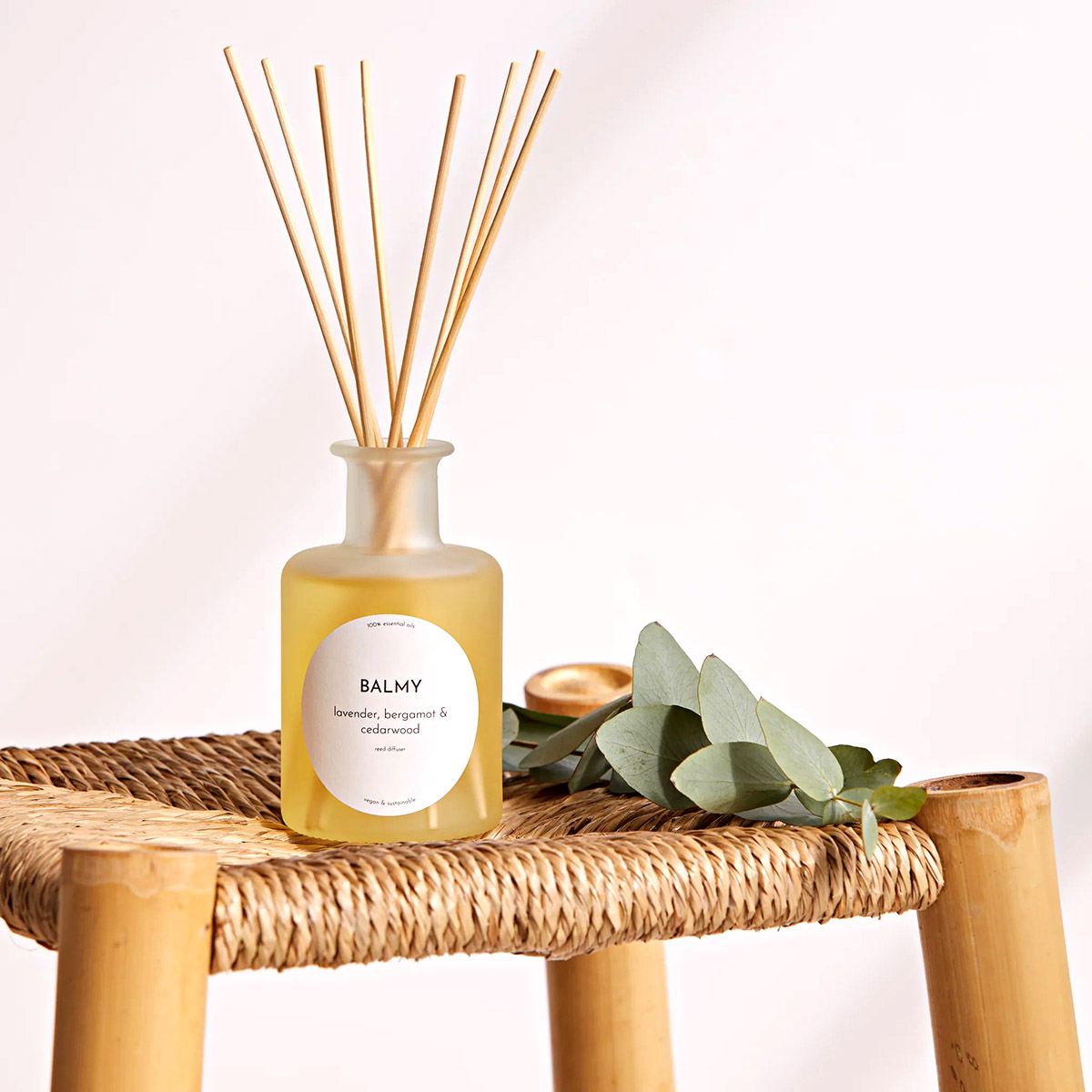

Mindfulness & Relaxation Spaces
Why Does My Oil Diffuser Not Smell
Modified: January 4, 2024
Discover the reasons why your oil diffuser may not be emitting a scent. Explore solutions to enhance mindfulness and relaxation in your spaces. Unlock the power of aromatherapy.
(Many of the links in this article redirect to a specific reviewed product. Your purchase of these products through affiliate links helps to generate commission for Storables.com, at no extra cost. Learn more)
Introduction
Welcome to the world of aromatherapy and relaxation where the delightful scents of essential oils transport us to a state of tranquility and well-being. However, there are times when our oil diffusers seem to lose their aromatic charm, leaving us puzzled and wondering, “Why does my oil diffuser not smell?”
Understanding the nuances of oil diffusers and the factors that contribute to their effectiveness can help unravel this olfactory mystery. In this comprehensive guide, we will delve into the intricacies of oil diffusers, explore the common reasons behind their lack of scent, and provide practical solutions to revive their aromatic allure.
Whether you are a seasoned aromatherapy enthusiast or a newcomer to the world of essential oils, this article will equip you with the knowledge and insights needed to ensure that your oil diffuser consistently fills your space with captivating fragrances, fostering a serene and inviting ambiance.
Key Takeaways:
- Keep your oil diffuser smelling great by using high-quality essential oils, cleaning regularly, and using distilled water to avoid clogs and maintain optimal scent diffusion.
- Understand your oil diffuser, troubleshoot common issues, and implement practical solutions to ensure consistent and delightful fragrance diffusion for a serene and inviting ambiance.
Understanding Oil Diffusers
Oil diffusers are ingenious devices designed to disperse the aromatic molecules of essential oils into the air, creating a fragrant and therapeutic atmosphere. These devices come in various forms, including ultrasonic, nebulizing, heat, and evaporative diffusers, each employing distinct mechanisms to diffuse essential oils.
Ultrasonic diffusers utilize ultrasonic vibrations to disperse a fine mist of essential oil-infused water into the air, while nebulizing diffusers break down oils into a fine mist without dilution, preserving their potency. Heat diffusers, on the other hand, rely on heat to evaporate the oils, and evaporative diffusers release essential oil molecules into the air through a fan or natural evaporation.
Understanding the type of oil diffuser you have is crucial in troubleshooting scent-related issues. Additionally, the quality of essential oils used, the cleanliness of the diffuser, and environmental factors such as humidity and air circulation can significantly impact the diffusion process.
By comprehending the mechanics of oil diffusers and the variables that influence their performance, you can effectively address the perplexing question of why your oil diffuser may not be emitting the delightful scents you desire.
Common Reasons for Lack of Scent
When your oil diffuser fails to fill the air with its intended fragrance, several factors may be at play. Understanding these common reasons can help pinpoint the root cause of the issue:
- Poor-Quality Essential Oils: The quality of essential oils directly impacts their aromatic potency. Low-quality or diluted oils may not diffuse effectively, leading to a lack of scent.
- Diffuser Build-Up: Residual buildup from previous oil uses can clog the diffuser, hindering proper diffusion and diminishing the scent output.
- Improper Cleaning: Inadequate cleaning of the diffuser can lead to the accumulation of oil residue, affecting its ability to disperse scents effectively.
- Water Quality: Hard water with high mineral content can leave deposits in the diffuser, impacting its functionality and scent diffusion.
- Environmental Factors: Room size, air circulation, and humidity levels can influence the dispersion of essential oil molecules, affecting the overall scent intensity.
- Expired Oils: Essential oils have a shelf life, and using expired oils may result in diminished scent potency or a complete lack of fragrance.
Identifying these common culprits can guide you in troubleshooting your non-smelling oil diffuser and implementing appropriate solutions to restore its aromatic charm.
Make sure to clean your oil diffuser regularly to prevent clogs and build-up. Use a cotton swab and rubbing alcohol to clean the ultrasonic plate and empty and wipe down the water tank. This will help maintain the effectiveness of your diffuser and keep it smelling fresh.
Solutions for a Non-Smelling Oil Diffuser
Reviving the olfactory allure of your oil diffuser involves a blend of preventive maintenance, thoughtful troubleshooting, and attentive care. Here are practical solutions to address the lack of scent from your oil diffuser:
- Quality Essential Oils: Ensure that you are using high-quality, pure essential oils without additives or dilution for optimal scent diffusion.
- Thorough Cleaning: Regularly clean your diffuser according to the manufacturer’s instructions, removing any residue or buildup that may impede proper diffusion.
- Use Distilled Water: Utilize distilled or filtered water to minimize mineral deposits in the diffuser, promoting efficient and consistent scent dispersion.
- Proper Maintenance: Follow a maintenance schedule, including deep cleaning and occasional vinegar soaks to keep your diffuser in prime condition.
- Optimal Placement: Position your diffuser in an area with adequate air circulation to facilitate the even distribution of aromatic molecules.
- Room Size Consideration: Adjust the number of essential oil drops based on the size of the room to achieve the desired scent intensity without overwhelming the space.
- Replace Expired Oils: Discard expired oils and replenish your collection with fresh, high-quality essential oils to ensure optimal fragrance potency.
By implementing these solutions, you can breathe new life into your oil diffuser, allowing it to once again envelop your surroundings in captivating and rejuvenating scents, enhancing your mindful and relaxation experiences.
Conclusion
As we conclude our exploration of the enigma surrounding non-smelling oil diffusers, it becomes evident that maintaining the aromatic charm of these devices requires a blend of understanding, care, and proactive measures. By familiarizing ourselves with the intricacies of oil diffusers, recognizing common scent-related challenges, and implementing practical solutions, we can ensure that our oil diffusers consistently enrich our spaces with delightful fragrances, fostering a serene and inviting ambiance for mindfulness and relaxation.
Whether it’s the meticulous selection of high-quality essential oils, the diligent cleaning and maintenance of our diffusers, or the thoughtful consideration of environmental factors, each step plays a pivotal role in preserving the olfactory magic of our oil diffusers.
As you embark on your journey to revive the aromatic allure of your oil diffuser, may these insights empower you to overcome the perplexing question of “Why does my oil diffuser not smell?” with confidence and efficacy. Let the captivating scents of essential oils continue to elevate your mindful and relaxation experiences, enveloping you in a tapestry of tranquility and well-being.
With a harmonious blend of knowledge, care, and aromatic indulgence, your oil diffuser will once again become a steadfast companion in your pursuit of serenity and rejuvenation.
Frequently Asked Questions about Why Does My Oil Diffuser Not Smell
Was this page helpful?
At Storables.com, we guarantee accurate and reliable information. Our content, validated by Expert Board Contributors, is crafted following stringent Editorial Policies. We're committed to providing you with well-researched, expert-backed insights for all your informational needs.
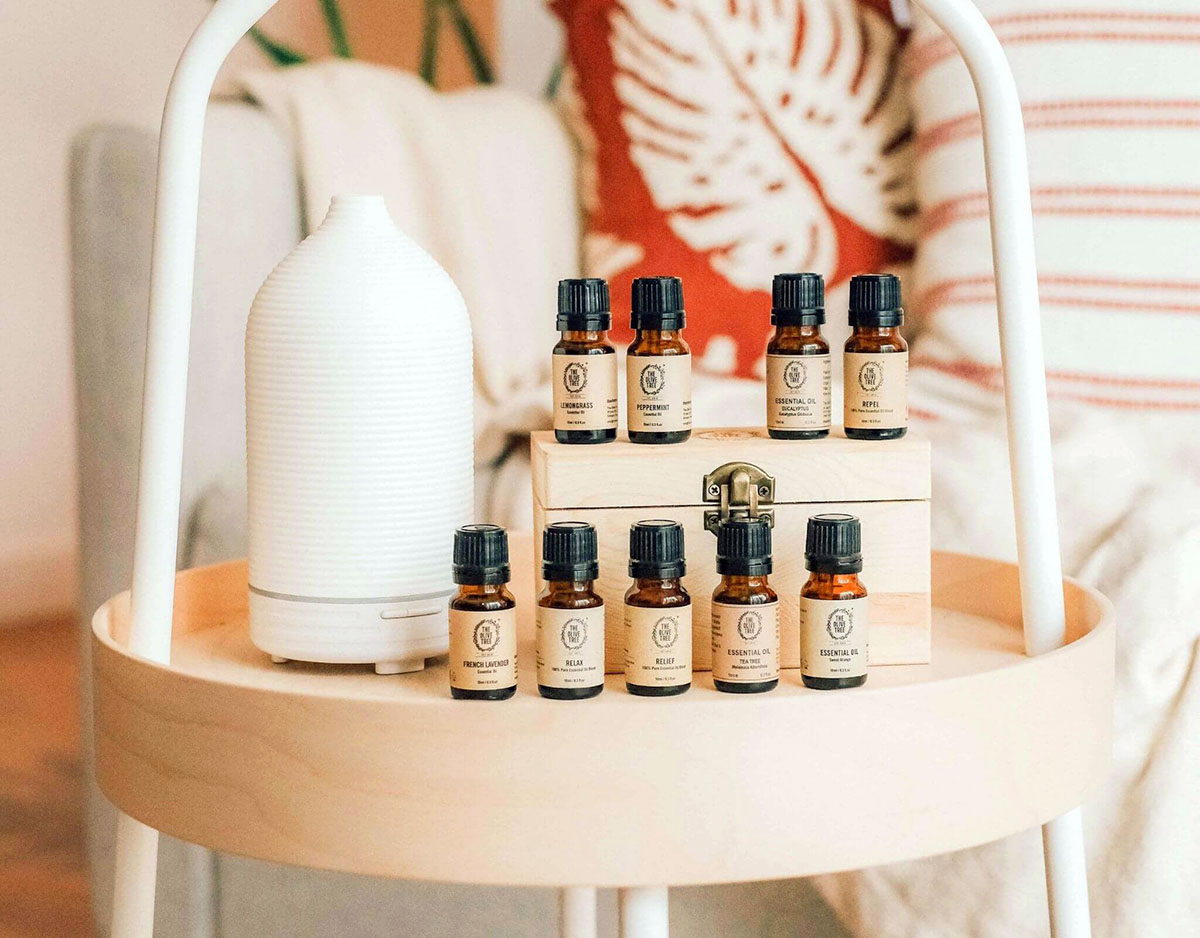
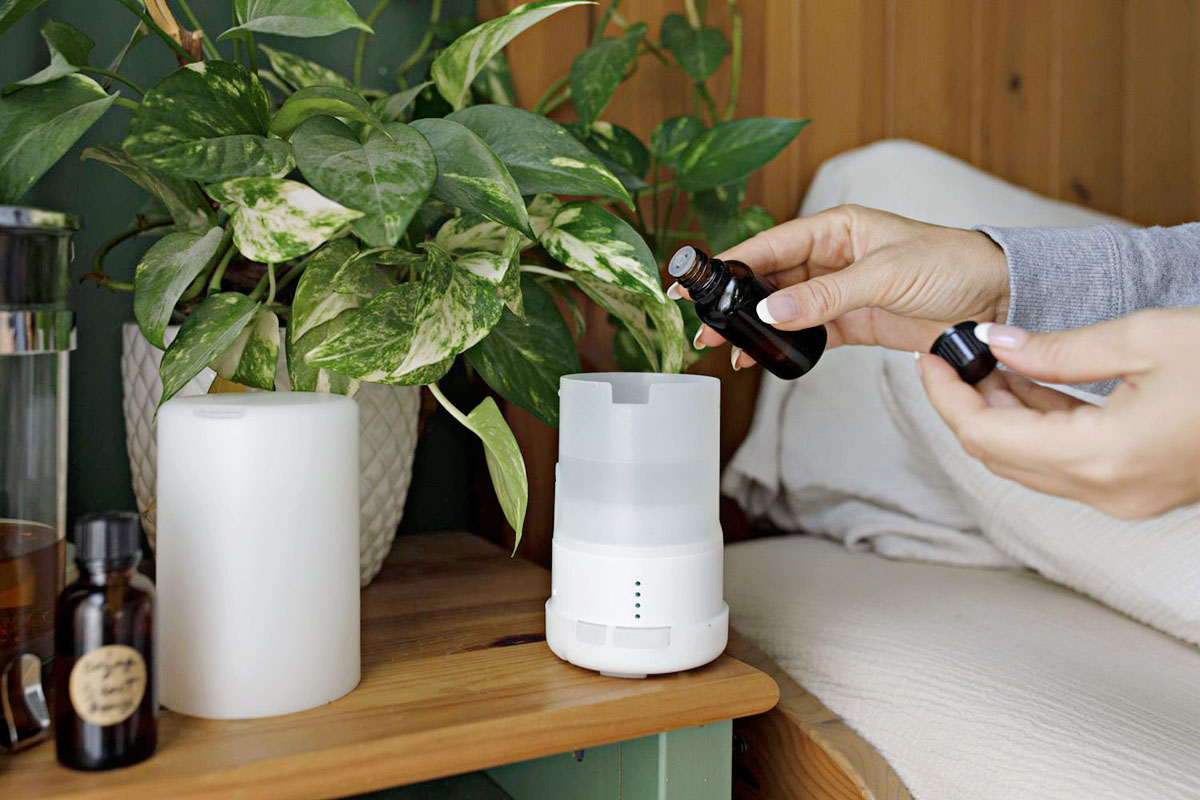

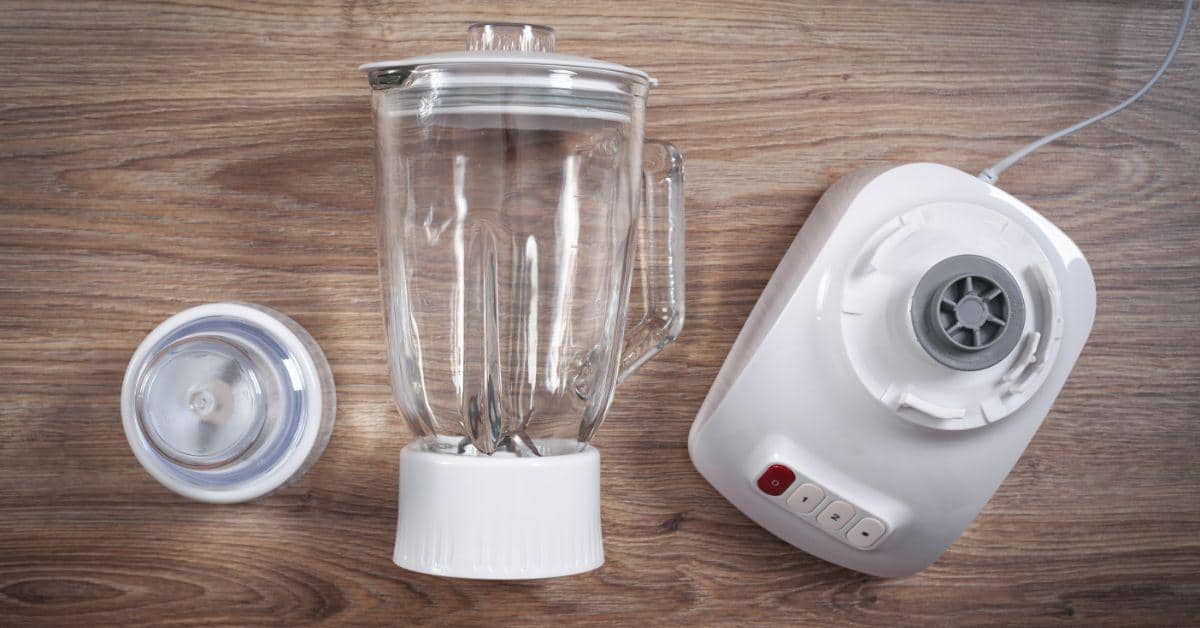
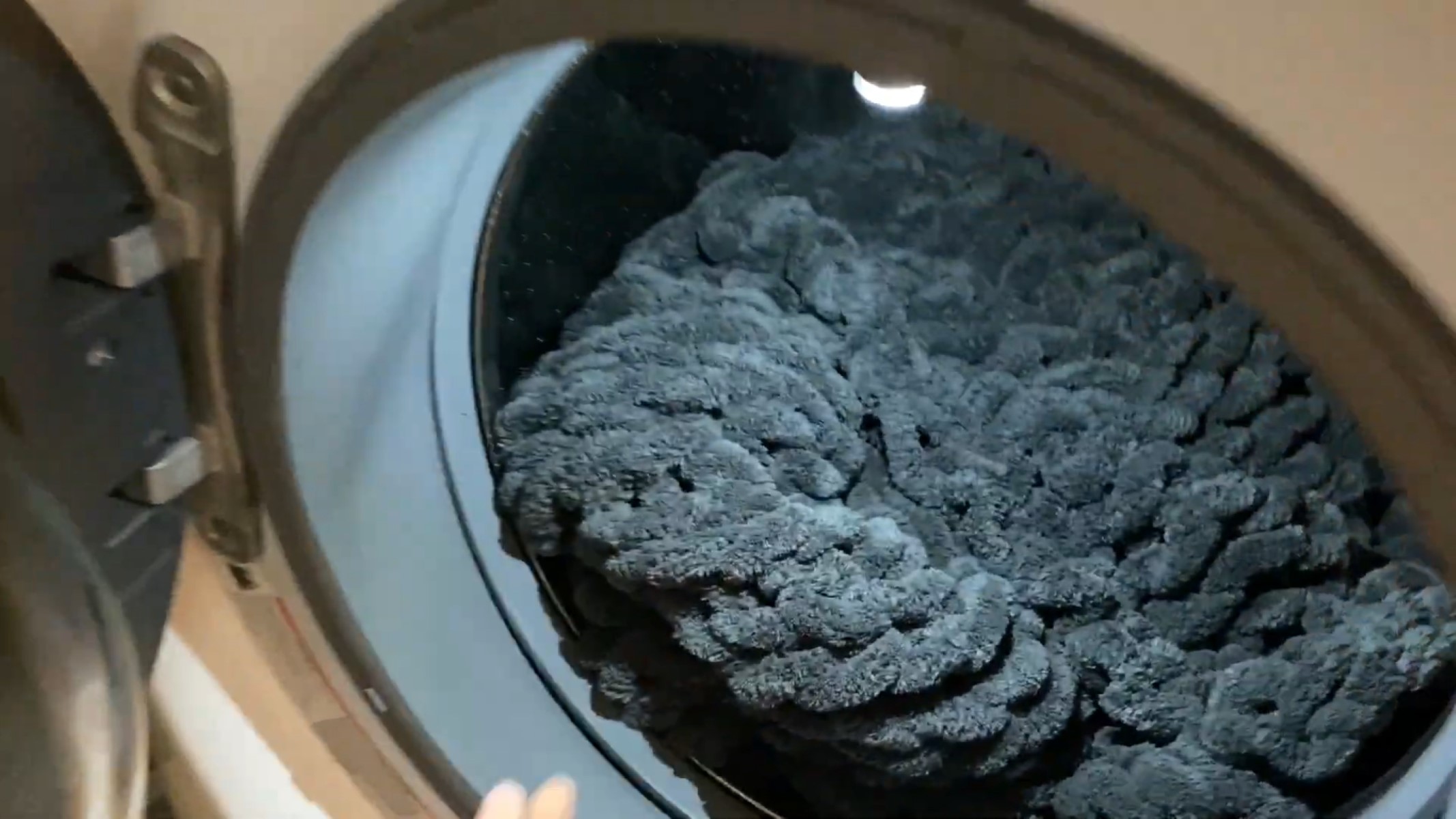


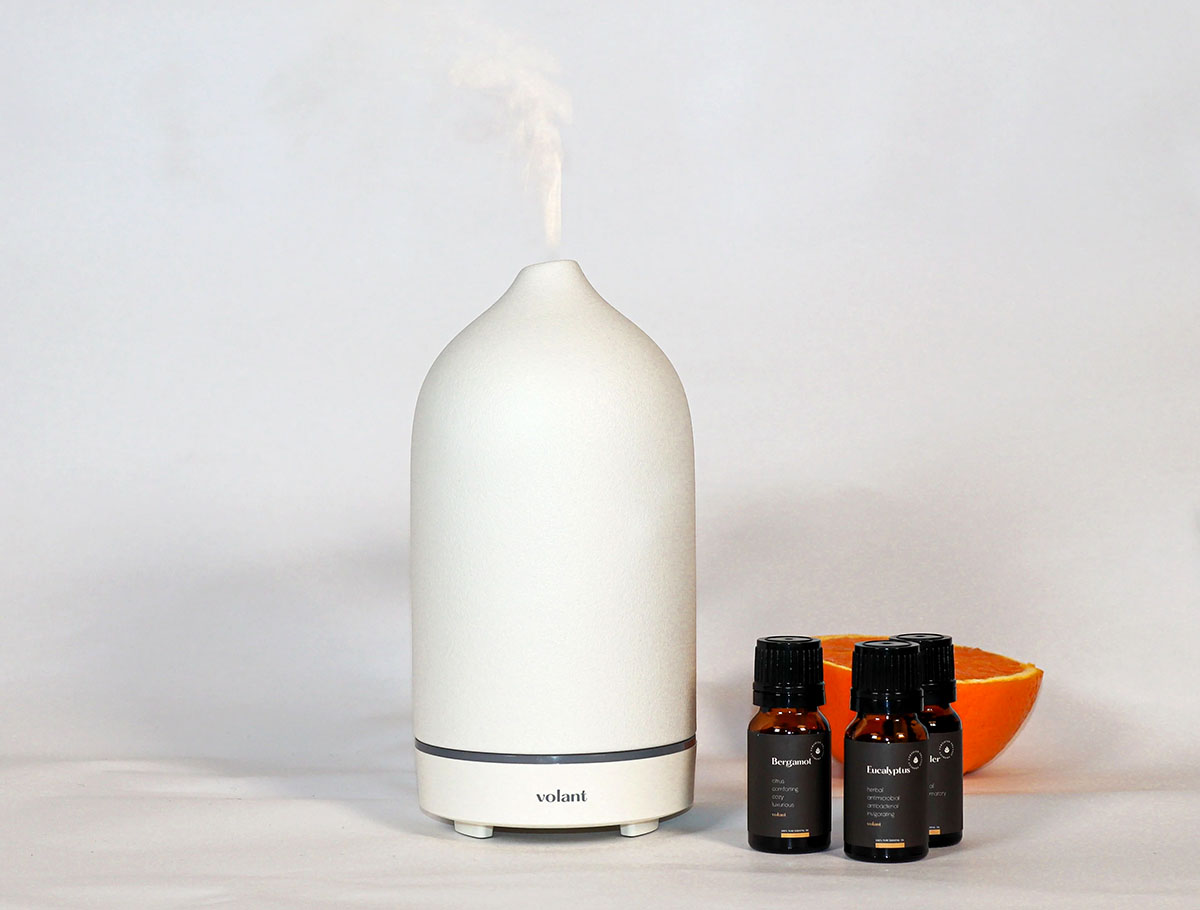
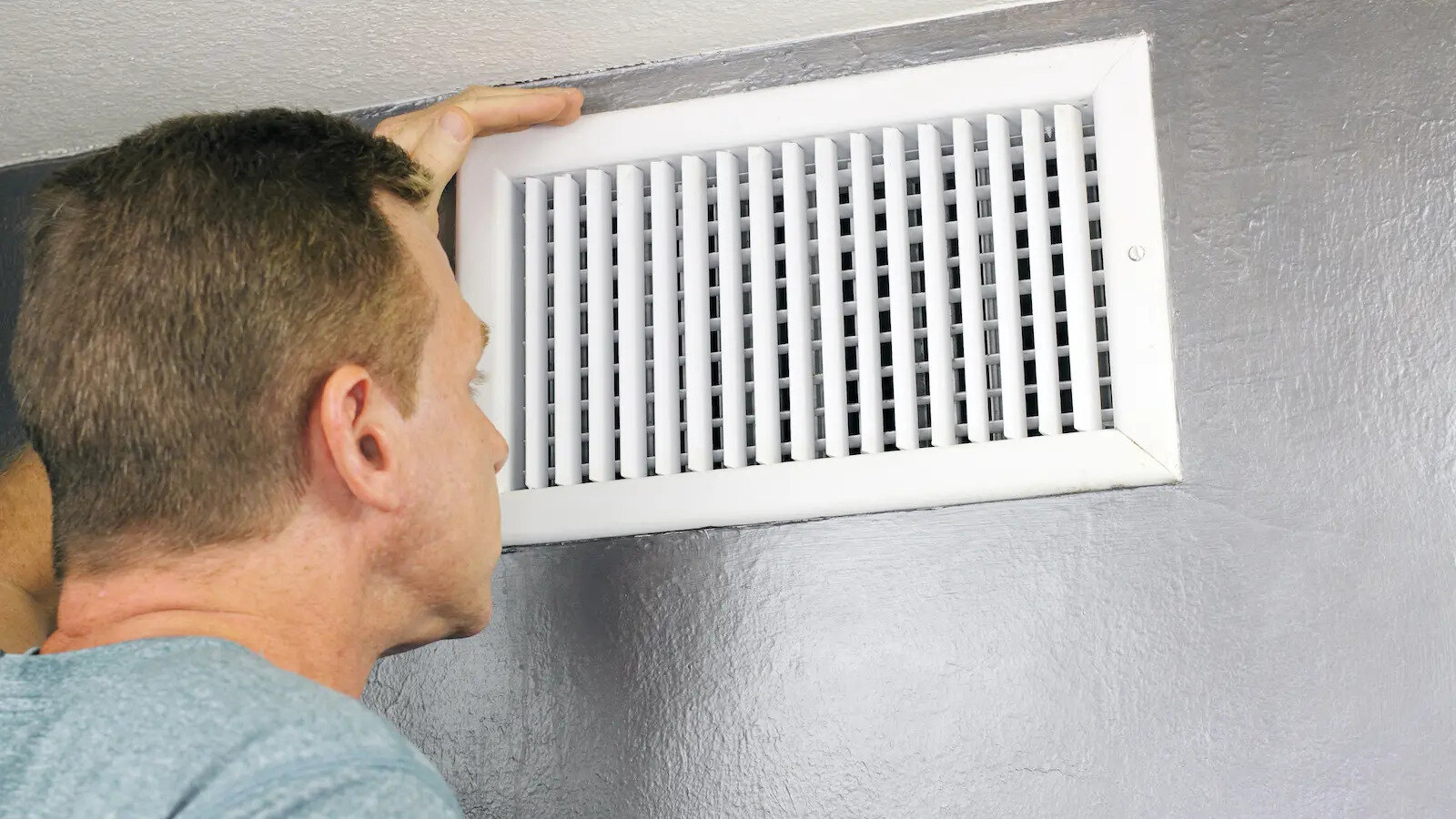

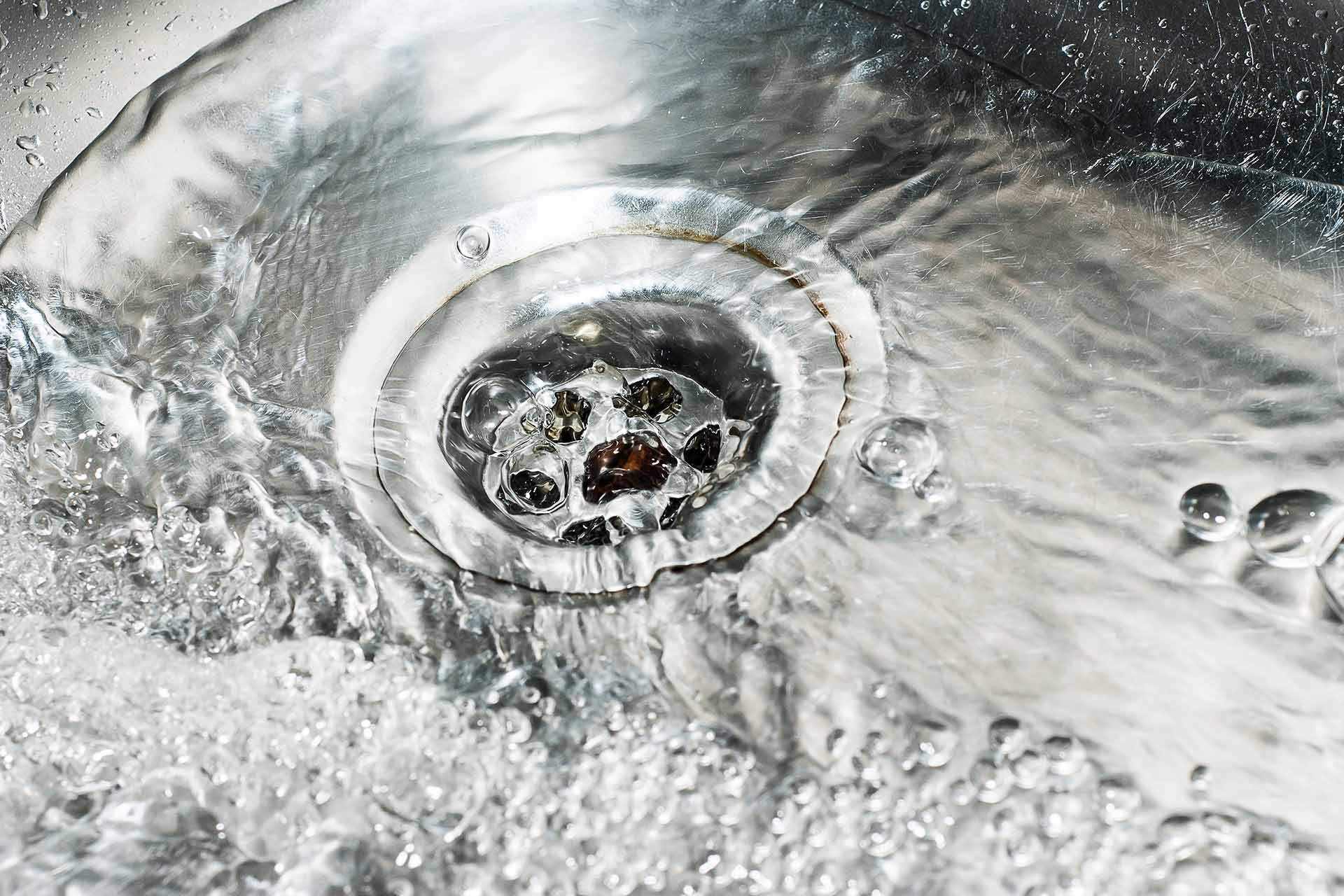
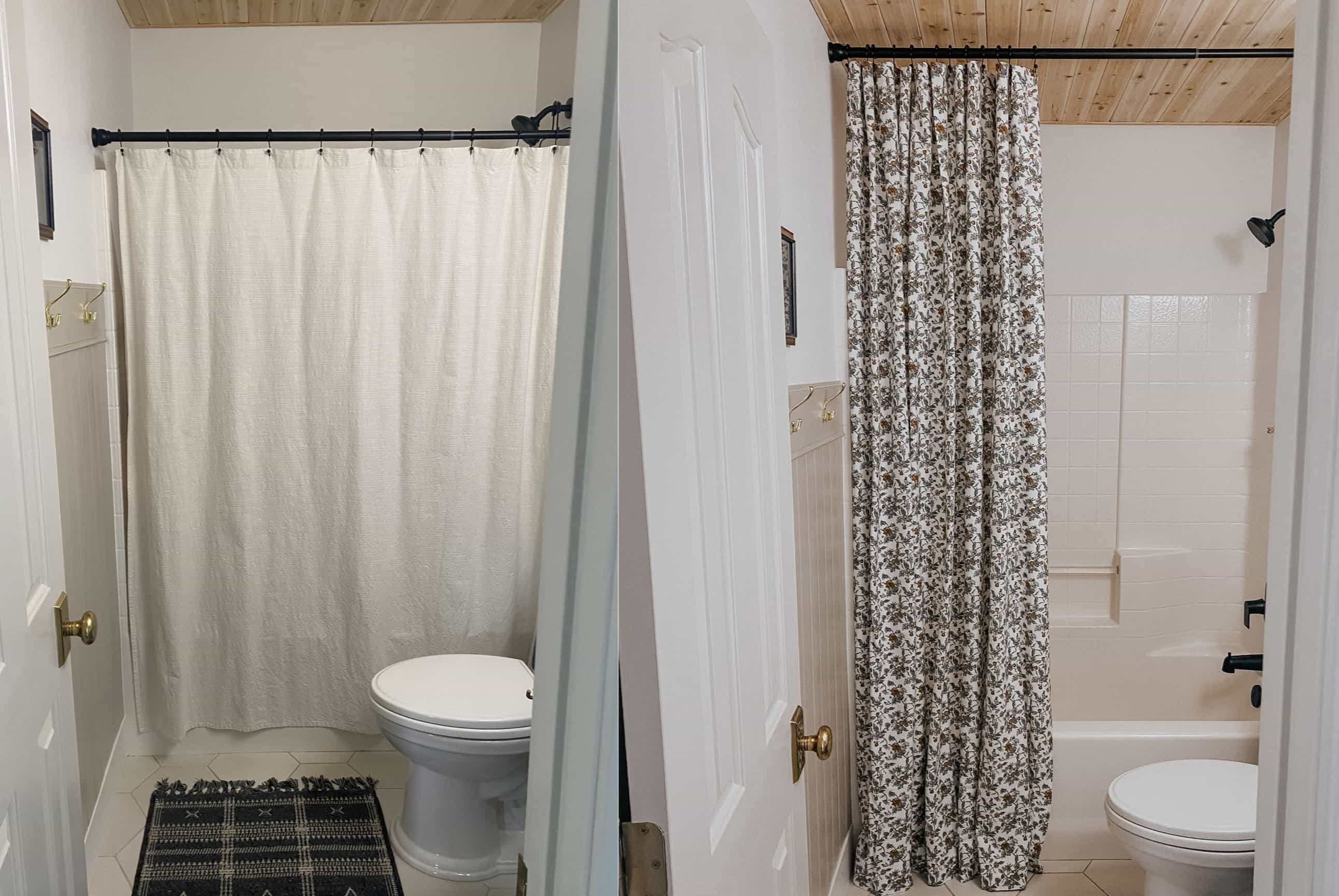
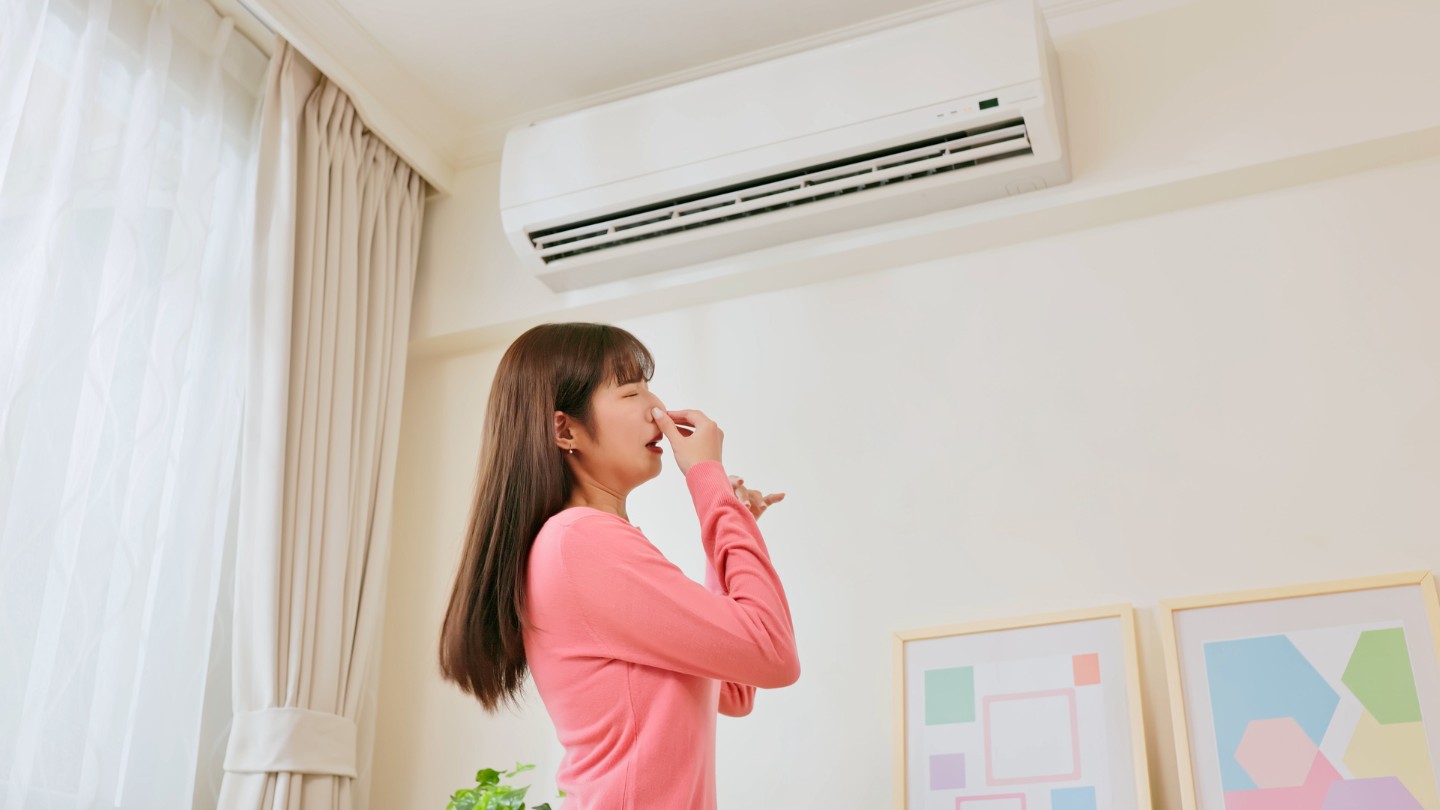
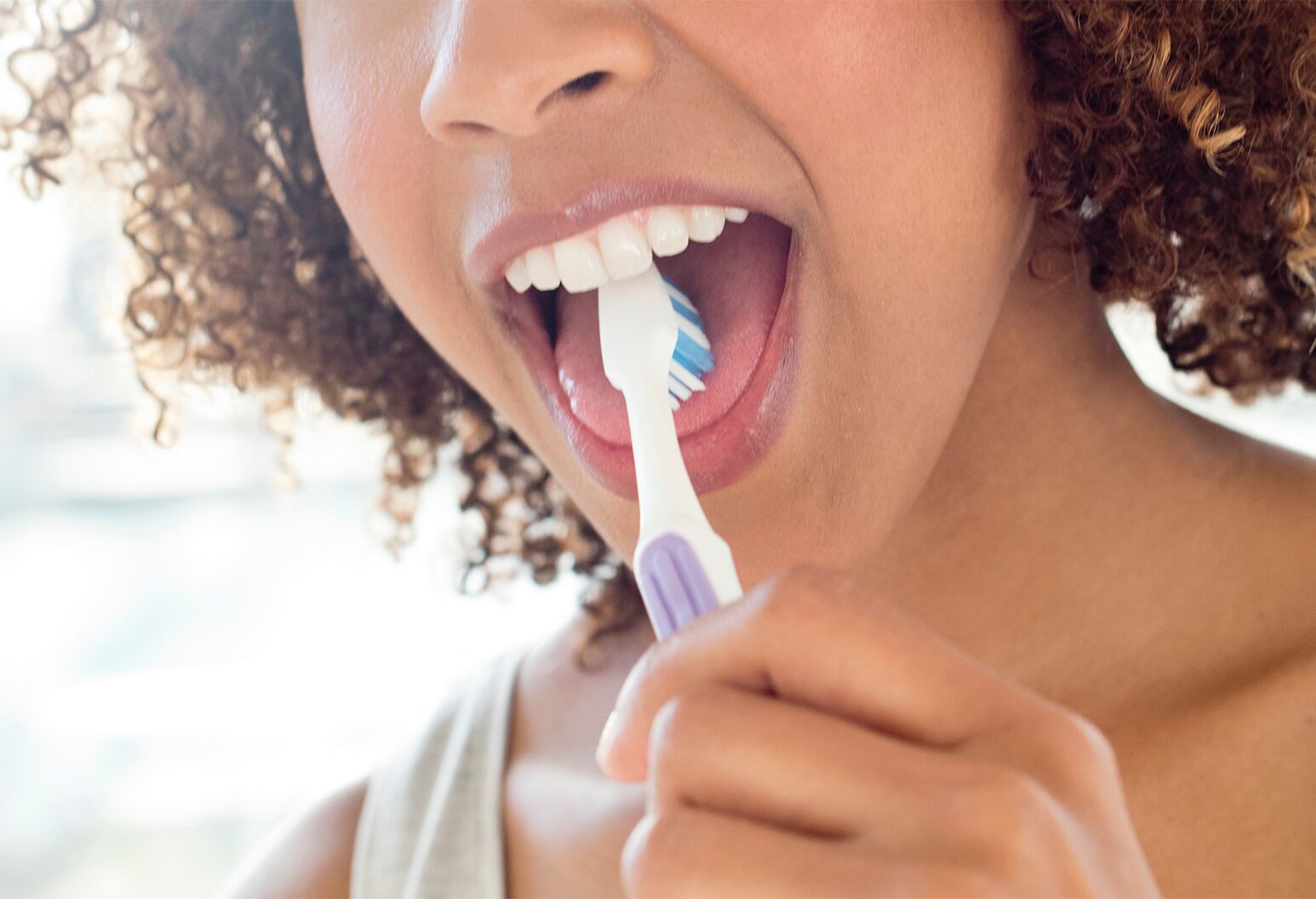
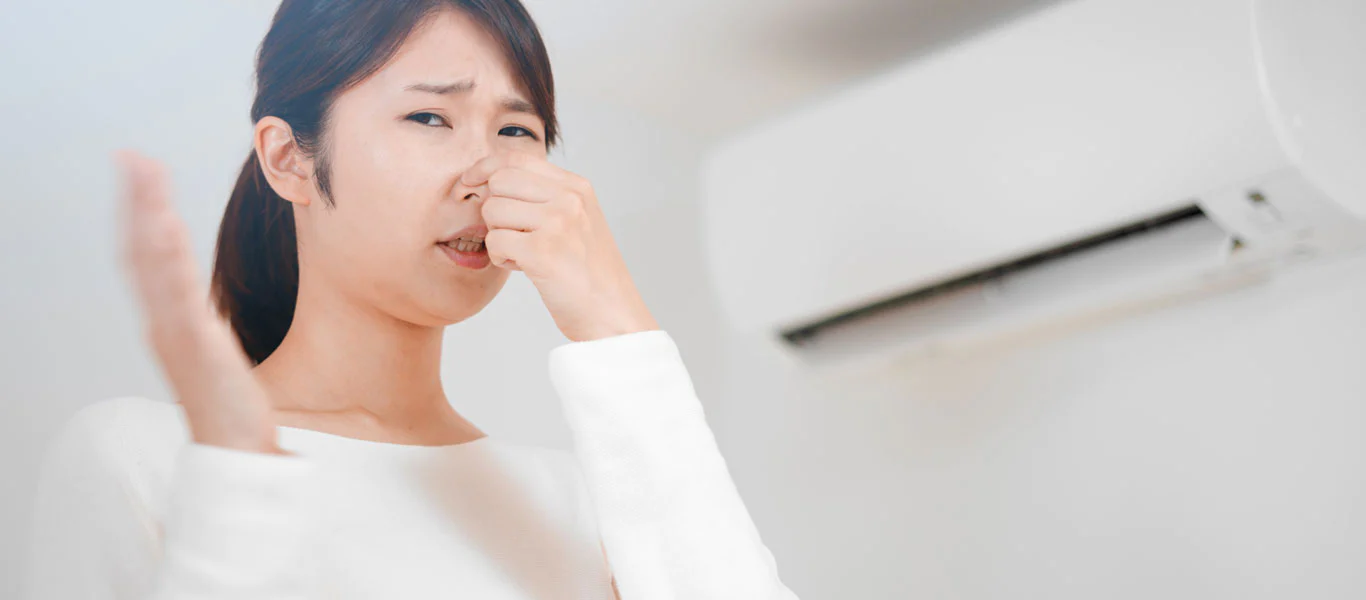

0 thoughts on “Why Does My Oil Diffuser Not Smell”